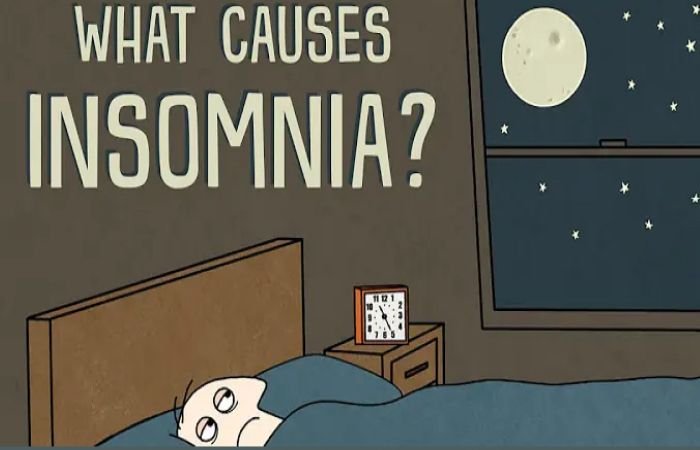
Understanding the causes of insomnia
Insomnia, the persistent difficulty in falling or staying asleep, is a common issue that many people face. Understanding its causes can help in finding effective solutions. Let us explore the factors that contribute to insomnia, based on insights from a TED-Ed video.
#### Stress and Anxiety
One of the primary causes of insomnia is stress. When our minds are preoccupied with worries about work, relationships, or other life pressures, it becomes challenging to relax and fall asleep. Anxiety, which often accompanies stress, can keep the brain in a state of heightened alertness, making it difficult to drift into sleep.
#### Poor Sleep Habits
Another significant contributor to insomnia is poor sleep hygiene. This includes irregular sleep schedules, consuming caffeine or alcohol close to bedtime, and engaging in stimulating activities such as using electronic devices before sleep. These habits disrupt the body’s natural sleep-wake cycle, leading to difficulties in falling asleep.
#### Medical Conditions
Various medical conditions can also cause insomnia. Chronic pain, respiratory issues like asthma or allergies, and gastrointestinal problems can all interfere with sleep. Additionally, mental health disorders such as depression and anxiety are closely linked to sleep disturbances.
#### Medications
Certain medications have side effects that can disrupt sleep. Drugs used to treat conditions like hypertension, asthma, and depression can interfere with the natural sleep process, leading to insomnia. It is important to consult with a healthcare provider if you suspect your medication might be affecting your sleep.
#### Environment
The sleep environment plays a crucial role in maintaining healthy sleep patterns. Factors such as excessive noise, uncomfortable bedding, and inappropriate room temperatures can all contribute to insomnia. A quiet, comfortable, and dark sleeping environment is essential for good sleep hygiene.
#### Lifestyle Factors
Lifestyle choices can significantly impact sleep quality. Irregular work schedules, frequent travel across time zones, and engaging in stimulating activities late in the evening can all disrupt the body’s internal clock. Maintaining a consistent sleep schedule and creating a relaxing bedtime routine can help mitigate these effects.
#### Conclusion
Understanding the causes of insomnia is the first step towards finding effective solutions. By addressing stress and anxiety, improving sleep habits, managing medical conditions, adjusting medications, optimizing the sleep environment, and making positive lifestyle changes, it is possible to achieve better sleep and improve overall well-being. If insomnia persists, seeking professional advice is recommended to explore further treatment options.
Comment
Dina Belkacem
Thanks for sharing that wit us even though I don't suffer from this. But thanks because some people need it .GOOD JOB EMMA
Cerine Arezki
Thanks you a bout this amazing blog ☺️ , alhamdoulilah l didn't saffer from this but l now people how told me their experience of insomine and it was too bad
Rania Oukil
Thank you for sharing your blog with us , it's amazing.
Adam Cherif
Insomnia is an interesting subject for a blog. Good job!















